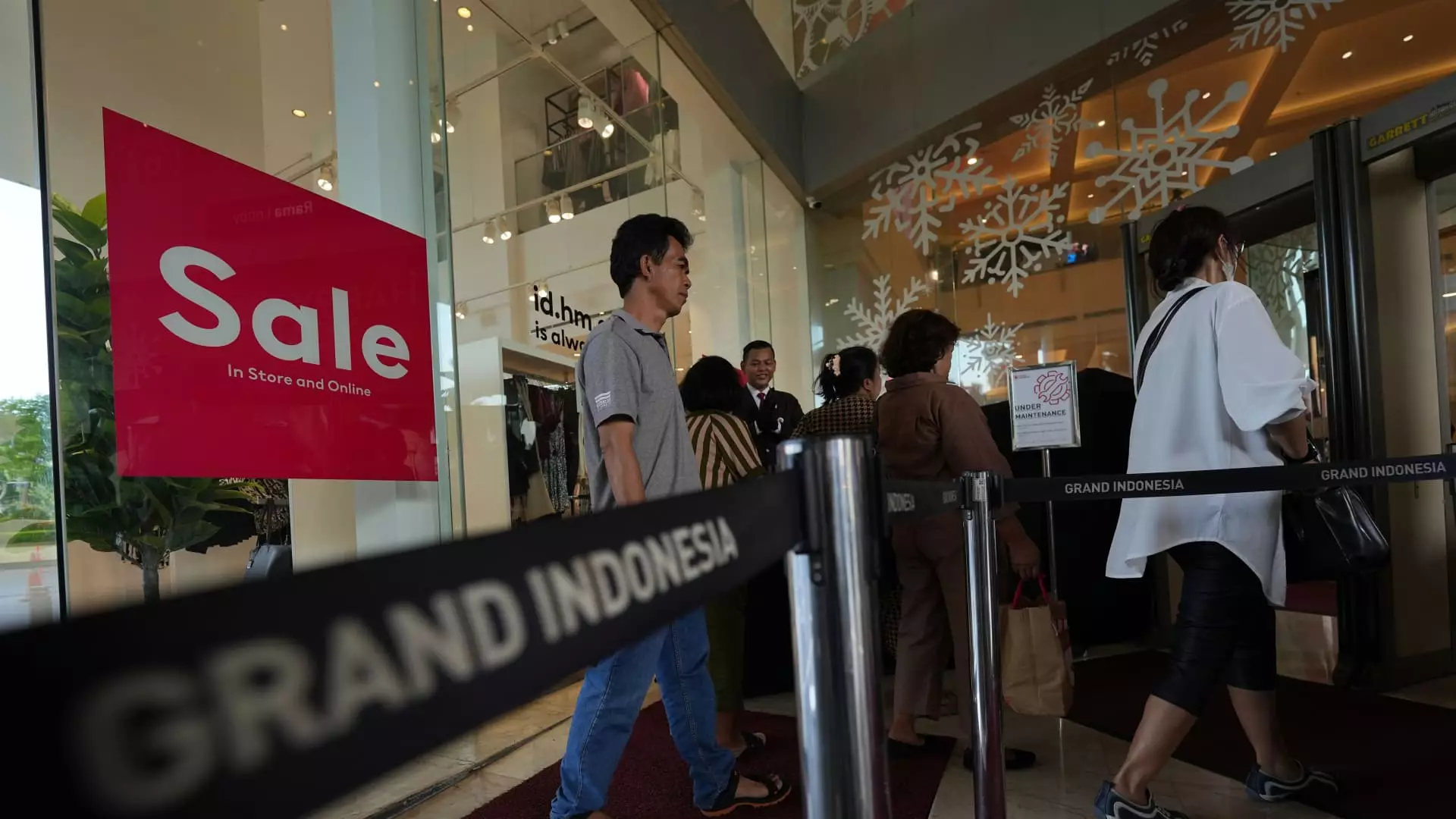In a strategic move that highlights the growing importance of Southeast Asia, Honor, a spinoff from Huawei, has announced plans to launch its smartphone sales in Indonesia by the end of March. This decision surfaces amid a backdrop where Apple’s iPhone 16 is notably absent from the Indonesian market due to stringent domestic production laws. As a nation that mandates a significant portion of components used in smartphones to be locally sourced—specifically, 40%—Indonesia stands as a critical battleground for smartphone manufacturers looking to penetrate the Southeast Asian market.
The regulatory framework in Indonesia poses significant hurdles for international tech giants. Apple’s difficulties in adhering to the local manufacturing requirements have created an opening for competitors like Honor. The prospect of a $1 billion investment by Apple in Indonesia underscores the high stakes involved, but the absence of their latest flagship creates an advantageous scenario for other brands. Honor is poised to capitalize on this void, leveraging its established operational presence and local partnerships to build a foothold in a rapidly evolving market.
Justin Li, president of Honor’s South Pacific operations, has elaborated on the company’s plans to introduce a range of products, starting with at least ten offerings, including a folding phone. This focus on medium to high-end smartphones aligns with a strategic goal to capture a diverse consumer base. Analysts from Canalys reveal that despite a market predominance of devices under $200, Indonesia’s burgeoning middle class represents a significant opportunity for growth. With the country being the fourth most populous in the world, the prospect for Honor to carve out a substantial market share is promising.
Currently, Intel’s competition is fierce within Indonesia’s smartphone sector, with established players like Oppo, Xiaomi, and Transsion holding the crown for market share. Oppo, in particular, has solidified its position by launching products and establishing manufacturing operations in the country. Data shows that Samsung, with a 16% market share, trails just behind these Chinese brands, underscoring the competitive landscape. Honor, however, is undeterred; Li asserts that the company’s entry is based on extensive market research and a long-term focus rather than a direct response to Apple’s challenges.
A key component of Honor’s strategy involves localizing its workforce. As the company strives for a predominantly local staff, it is actively hiring within Indonesia. This initiative not only aids in compliance with resource sourcing mandates but also fosters deeper connections within the local market. The plan to establish at least ten branded stores further underscores Honor’s commitment to embedding itself in the Indonesian consumer landscape, facilitating customer engagement and brand loyalty.
Since its separation from Huawei due to U.S. sanctions, Honor has been recalibrating its identity and market strategies. With more than half of its sales reportedly coming from international markets for the first time, the company’s future hinges significantly on its ability to adapt and innovate outside its home market. As Honor targets a long-term expansion into Indonesia, it is competing not just with local companies but also navigating the complexities of global consumer trends.
Honor’s decision to dive into the Indonesian smartphone market reflects a strategic adaptation to changing global and regional dynamics. With regulatory challenges affecting larger players like Apple and a local market ripe for growth, Honor aims to establish itself as a formidable competitor. By fostering local partnerships, investing in product diversity, and building a localized operational base, Honor is not just looking to enter Indonesia but to thrive within it. As Southeast Asia continues to emerge as a key tech battleground, Honor’s ambitions could very well shape the future of the smartphone landscape in one of the region’s most promising markets.

